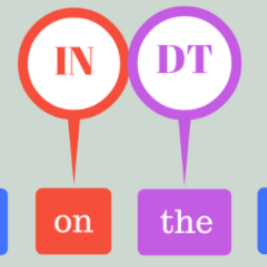Languages are continuously undergoing changes, and the mechanisms that underlie these changes are still a matter of debate. In this work, we approach language evolution through the lens of causality in order to model not only how various distributional factors associate with language change, but how they causally affect it. In particular, we study slang, which is an informal language that is typically restricted to a specific group or social setting. We analyze the semantic change and frequency shift of slang words and compare them to those of standard, nonslang words. With causal discovery and causal inference techniques, we measure the effect that word type (slang/nonslang) has on both semantic change and frequency shift, as well as its relationship to frequency, polysemy and part of speech. Our analysis provides some new insights in the study of language change, e.g., we show that slang words undergo less semantic change but tend to have larger frequency shifts over time.
翻译:语言正在不断发生变化,而这些变化背后的机制仍是一个争论的问题。在这项工作中,我们从因果关系的角度看待语言演变问题,以便不仅模拟各种分配因素如何与语言变化相联系,而且模拟其因果影响。特别是,我们研究 sang,这是一种非正式语言,通常限于特定群体或社会环境。我们分析了语义变化和语义变换频率变化,并将其与标准、非语义的变换进行比较。我们用因果发现和因果推论技术,测量了文字类型( sang/nonslan)对语义变化和频率变化的影响,以及其与频率、多语种和部分语言的关系。我们的分析在语言变化研究中提供了一些新的见解,例如,我们显示,语义变化较少,但往往随着时间而发生较大的频率变化。





